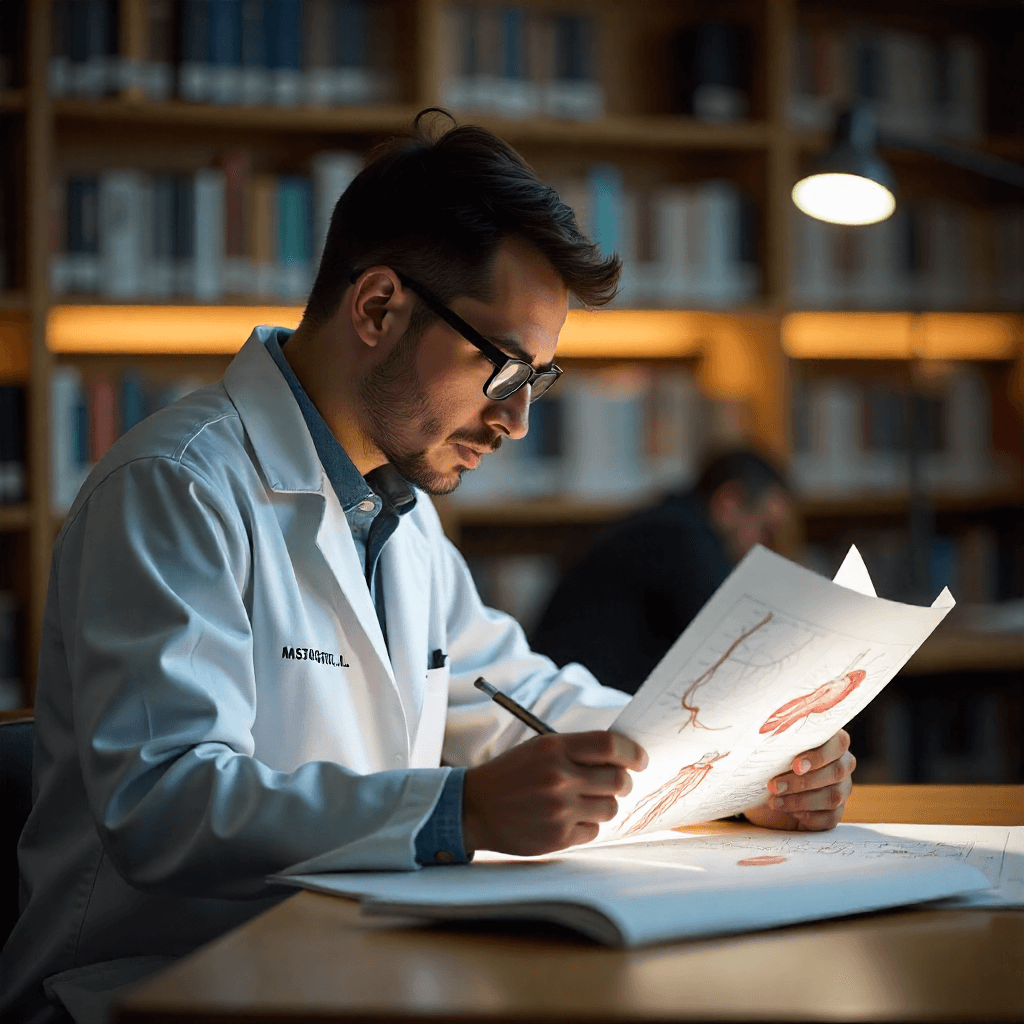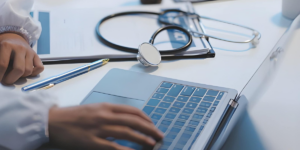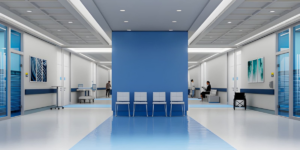Becoming a great doctor requires much more than mastering anatomy or excelling in medical school exams. Medicine is a dynamic, ever-evolving field, and research is its foundation, driving continuous advancement in prevention, diagnosis, and treatment. From developing new treatment approaches to improving patient outcomes, research empowers physicians to think critically, solve complex problems, and stay at the forefront of medical innovation.
Strong research skills are a must-have for medical students to achieve academic success. Medical students must master multiple research skills during their undergraduate years to ensure effective patient care and become better physicians. These research skills not only strengthen clinical decision-making but also prepare students to contribute meaningfully to advancing medical science.
At Windsor University School of Medicine, recognized among the best Caribbean medical schools, students are encouraged to cultivate strong research skills early in their academic journey. The university emphasizes research-based learning, critical thinking, and evidence-driven practice—helping students bridge the gap between theoretical knowledge and real-world application.
Let’s take an in-depth look at the top research skills every medical student should develop, why these skills are essential for future physicians, and how WUSOM, as one of the best Caribbean medical schools, empowers its students to build and strengthen their research capabilities.
Why Research Skills Matter Most in Medical School?
Research experience plays a crucial role in shaping a well-rounded physician. Research skills are more than just an academic requirement; they form the foundation of evidence-based medicine and critical thinking, both of which are essential to becoming a competent physician. These skills empower medical students to think critically, stay informed, and contribute meaningfully to medical progress.
Here’s why every medical student should invest in developing research skills:
-
Enhances Critical Thinking
Research teaches students to question, analyze, and interpret information rather than simply memorizing facts. This mindset translates directly into better clinical reasoning and diagnostic skills.
-
Improves Evidence-Based Practice
Modern medicine is grounded in evidence. Students who understand how to evaluate research studies can make better-informed decisions for their patients.
-
Encourages Lifelong Learning
Medicine evolves rapidly. Research equips students to stay up to date with new discoveries and adapt to medical advancements throughout their careers.
-
Boosts Academic and Career Opportunities
Strong research experience adds value to residency applications, builds credibility, and opens doors to specialized fields and leadership roles in healthcare.
-
Fosters Innovation
Research inspires curiosity and creativity, two essential qualities for medical professionals seeking to improve patient care and develop new solutions to healthcare challenges.
Essential Research Skills Every Medical Student Should Develop
1. Critical Thinking
A great doctor is first a great thinker. Critical thinking allows students to evaluate clinical problems, interpret findings, and design logical solutions. It’s about analyzing information, identifying gaps, and asking the right questions, skills that are invaluable in both research and clinical practice.
2. Analytical Skills
Data is everywhere in medicine. Analytical skills help students interpret study results, understand statistics, and recognize trends in patient care. Learning how to analyze data effectively leads to stronger conclusions and better clinical outcomes.
3. Scientific Writing
Being able to communicate research findings clearly and accurately is vital. Whether writing research papers, case reports, or journal articles, scientific writing enhances a student’s ability to share knowledge with peers and contribute to the medical community.
4. Collaboration and Teamwork
Medical research is rarely a solo effort. Successful studies require collaboration between physicians, scientists, and students. Learning how to work effectively in a research team fosters mutual respect, accountability, and collective growth.
5. Data Management
Organizing and maintaining data ethically and efficiently is essential for any researcher. From patient confidentiality to accurate recordkeeping, good data management ensures research integrity and reliability.
6. Communication Skills
Being able to explain complex medical or research concepts clearly, whether to patients, peers, or mentors, is an invaluable skill. Effective communication helps bridge the gap between science and patient care.
7. Time Management
Balancing classes, labs, and research projects requires discipline and organization. Strong time management ensures that research activities enhance rather than hinder academic performance.
8. Attention to Detail
Precision is key in both research and medicine. A single error in data entry or experiment design can change outcomes. Developing a meticulous approach early on helps medical students become more reliable and effective clinicians.
9. Empathy
While not a traditional research skill, empathy is crucial when working with human subjects or understanding the patient perspective in clinical studies. Empathy connects science with humanity, reminding students why their work truly matters.
How WUSOM Helps Students Build Strong Research Skills
At Windsor University School of Medicine, research is woven into the learning experience from the very beginning. WUSOM encourages students to engage in hands-on learning, clinical research, and community-based projects that develop their analytical and problem-solving skills.
Through mentorship programs, faculty-led research initiatives, and access to global medical networks, students gain valuable experience that strengthens their understanding of both medical science and patient care.
By fostering an environment of curiosity, collaboration, and critical analysis, WUSOM ensures its graduates are not just future doctors but future innovators and leaders in medicine.
Key Takeaway
A doctor is not a machine that diagnoses and treats patients; a doctor is a lifelong learner who applies science with compassion. Building strong research skills helps medical students think deeply, act ethically, and continuously evolve as medical professionals.
At WUSOM, students don’t just study medicine; they discover it, question it, and advance it through research. Start your medical journey at WUSOM, build strong research skills, and become the doctor who shapes the future of medicine.







